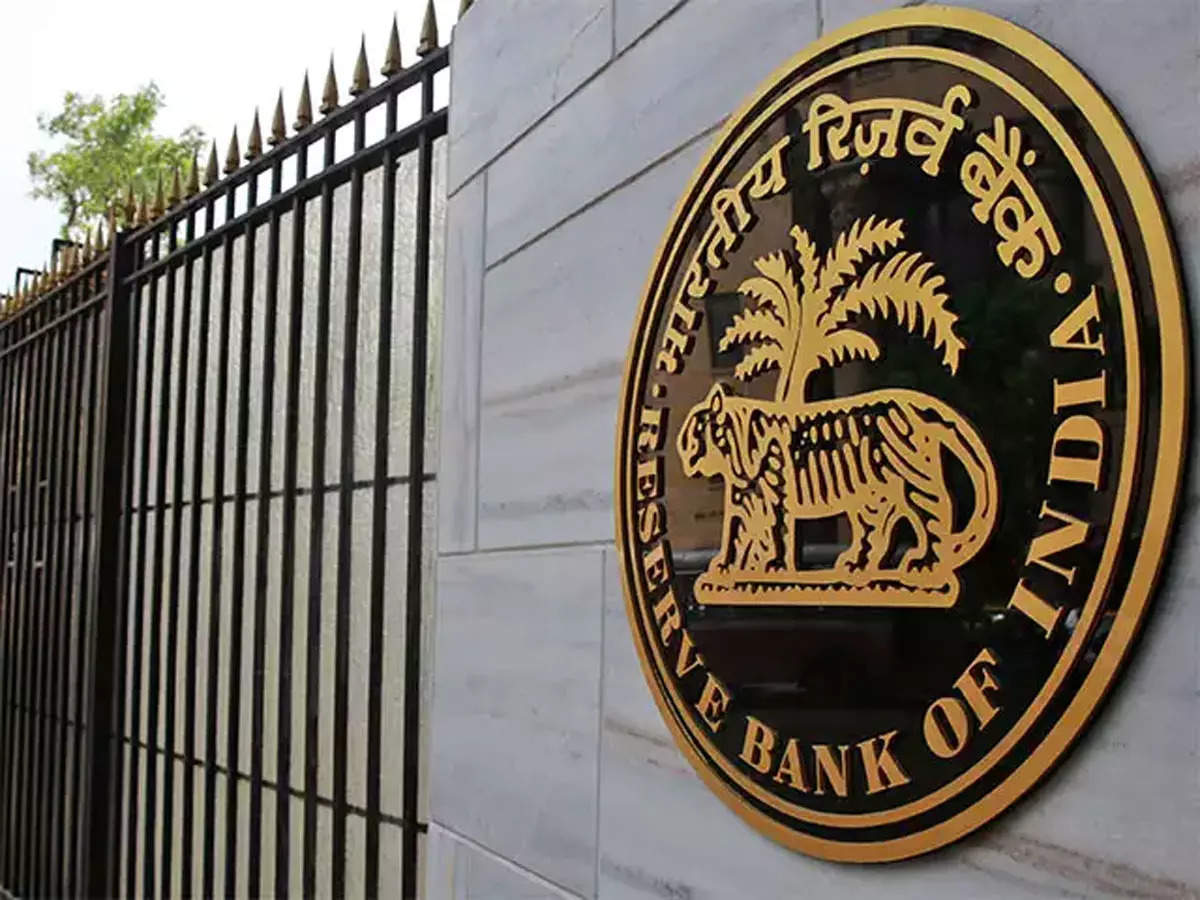Worries build up over RBI strictures on infra financing
The proposed stricter lending criteria, with additional provisioning, are aimed at preventing accounting shocks but could potentially hurt balance sheets of these entities and exert pressure on their valuation multiples, analysts and economists said.
Mumbai: Shares of , non-banking finance companies () and infrastructure firms plunged as much as 10% on Monday following the 's tougher draft guidelines on the financing and accounting of .The proposed stricter , with additional provisioning, are aimed at preventing accounting shocks but could potentially hurt balance sheets of these entities and exert pressure on their valuation multiples, analysts and economists said.
The Nifty PSU Bank index fell 3.66%, while the Nifty PSE index dropped 2.79% and the BSE Infrastructure index declined 2.28%. Investors saw a staggering erosion of ₹1.83 lakh crore in wealth from on Monday.
While the planned measures are prudent from a risk-management perspective - stemming from the regulator's experience in the previous credit cycle - analysts said they could be detrimental to growth in the capital-intensive .
"We believe this is a significant increase in provisioning requirements," said Sameer Bhise, analyst at .
 Agencies
AgenciesIncremental
"(It) will result in lower returns for lenders in and reduce incremental appetite for such exposures if implemented in current form," said Bhise of JM Financial.
On Friday, the Reserve Bank of India () proposed that lenders increase provisions for under-construction infrastructure projects and enforce rigorous monitoring of emerging stress.
The central bank aims to increase standard asset provisioning to 1-5% of loans from the current 0.4%, in a phased manner. Standard assets have a 5% provisioning coverage ratio during the construction phase, reduced to 2.5% once a project reaches the operational phase, and further cut to 1% if it achieves certain financial benchmarks.
The draft rules will apply to financing of projects in the infrastructure, non-infrastructure and commercial real estate sectors. The central bank is seeking views on the proposal, which have to be submitted by June 15.
Incremental credit costs for public sector banks (PSBs) are expected in the range of 12-21 basis points (bps), he said.
(PFC) dropped 9% to close at Rs 438, fell 7.5% to Rs 517. declined 6.5% to Rs 127, while was down 5.5% to Rs 592.
Credit Discipline
RBI's draft, coming amid rising infrastructure lending, also suggests banks will have to classify a loan as non-performing if the project is delayed beyond six months of the original stipulated deadline or date of commencement of commercial operations.
Past data show that many project loans were classified as standard assets even after some of them were delayed by as much as six years from the scheduled deadline of completion, without generating cashflow.
"In fact, the 5% provision is liberal and could have been higher under the expected credit loss framework," said a bank economist. "The guidelines will improve credit discipline and ensure only serious players (lenders and borrowers) participate."
Other public sector unit (PSU) stocks such as Mangalore Refinery and Petrochemicals, MOIL, Bharat Heavy Electricals, Life Insurance Corporation of India, Mazagon Dock, NLC India and Chennai Petro, among others, fell 4-8%.
The plunge in infrastructure stocks stems from concerns that banks and NBFCs might transfer part of the heightened costs to borrowers through increased interest rates, said Pankaj Pandey, head of research at ICICI Securities.
"The difference in provisioning requirement will be routed through profit and loss account, and impact 0.4-0.8% net worth impact for larger private banks, but higher - at 1.5-3% - for PSU banks," said Rikin Shah, analyst at IIFL Securities.
While the guidelines will hit lenders from the time they come into force, they could heighten investor trust on the earnings and provision numbers released by the lenders, said some analysts.
In the previous infrastructure lending boom of 2008-15, banks hid bad loans and defaults, forcing the central bank to launch an asset quality review that led to the unearthing of thousands of crores of rupees of hidden bad loans. That led to investors losing money and the government having to invest more than Rs 3 lakh crore in capital to bring banks back into shape.
Source: Stocks-Markets-Economic Times
